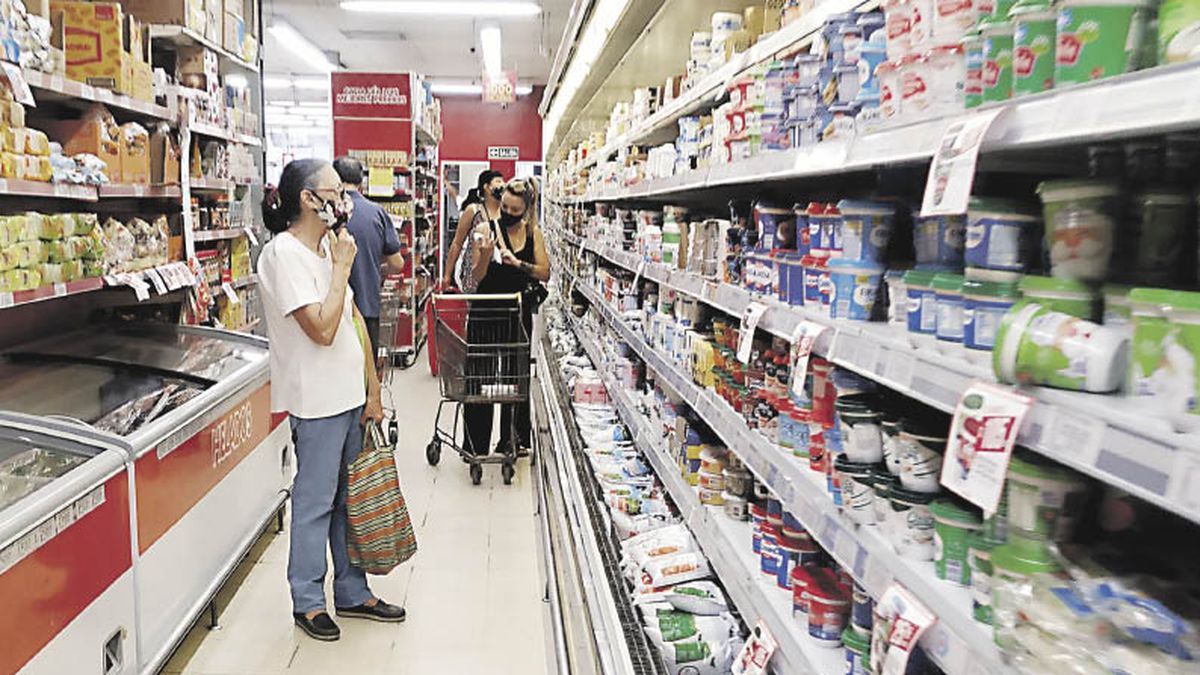A1.jpeg
The FIDE report allows us to observe how the results of this policy are having an impact on various sectors of the real economy. For example, they point out that in relation to consumption, a dynamic characterized by stagnation. To do this, they are based on the survey on retail sales of the Argentine Chamber of Medium Enterprises (CAME)which for the month of November indicated a drop in the retail sales index of 3.1% compared to October 2021which “represents the fifth consecutive decrease in the drop in consumption surveyed by this association.”
Specifically in relation to large chains and supermarkets, the consulting firm Scentia marked a drop in sales of 4.5%after the first drop of the year occurred in September, specifically 0.8%.
Of the same firm, the information of the central bank on consumption with credit cards, realizes that sales fell 16.1% in real terms for the month of November compared to the same month of 2021, that is, the sixteenth consecutive losswhich implies that since August of last year there have been no positive results.
Macroeconomic vision
The year-on-year drop in primary spending, which strictly began in July, has according to the lookout particular characteristics, such as the fact that in the first half of last year spending had been delayed, so that until July 2022 the comparison revealed expansive policies far from adjustment.
However, from July of last year experienced an increase in primary spendingwith which the adjustment shown is not only related to the goal of meeting the IMF’s 2.5 point deficit, but also to the fact that the year-on-year comparison is in relation to an expansive second half of 2021partly due to the election period.
Although the fiscal figures for November have not yet been released, everything suggests that the adjustment of the will continue in line with the commitments assumedif it is taken into account that, according to the Fiscal Report of the Interdisciplinary Institute of Public Policies of the UBAannualized primary spending was found for October in a deficit of 2.8% of GDP, that is, still above the agreed target.
It remains to be seen, in this sense, how the continued drop in economic activity and consumption will have a social impact, which has been verified since the start of an adjustment that does not seem to have as its only objective the fulfillment of the goals with the IMF.
In fact, during his presentation at the 19th Annual Conference of Latin American Cities of the Council of the Americas, the Economy Minister Sergio Massa raised the macroeconomic order as central, noting that “without macroeconomic stability there is no social peace, but without social peace there is no macroeconomic stability either”.
Source: Ambito
David William is a talented author who has made a name for himself in the world of writing. He is a professional author who writes on a wide range of topics, from general interest to opinion news. David is currently working as a writer at 24 hours worlds where he brings his unique perspective and in-depth research to his articles, making them both informative and engaging.




